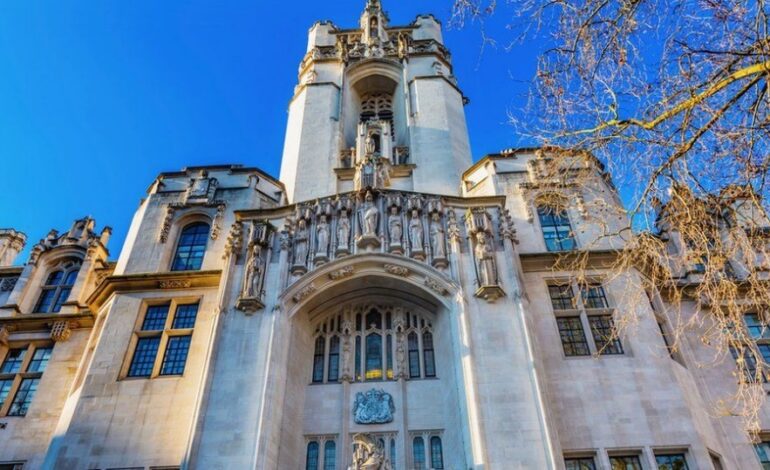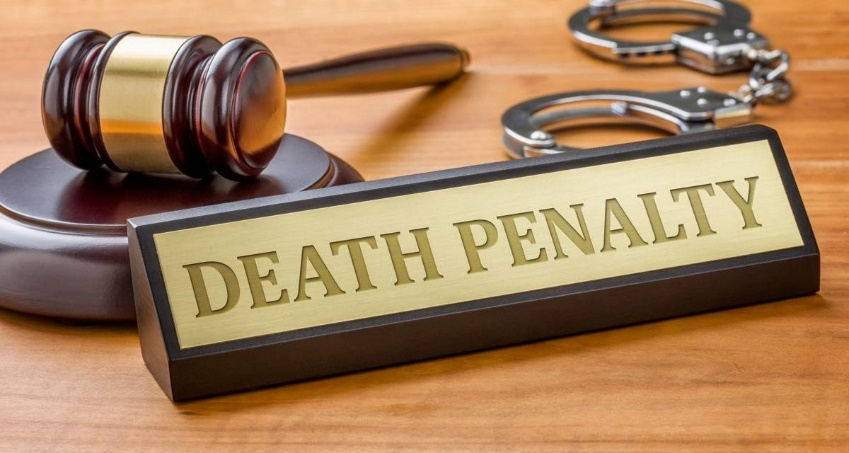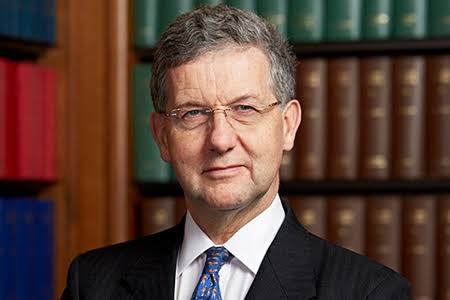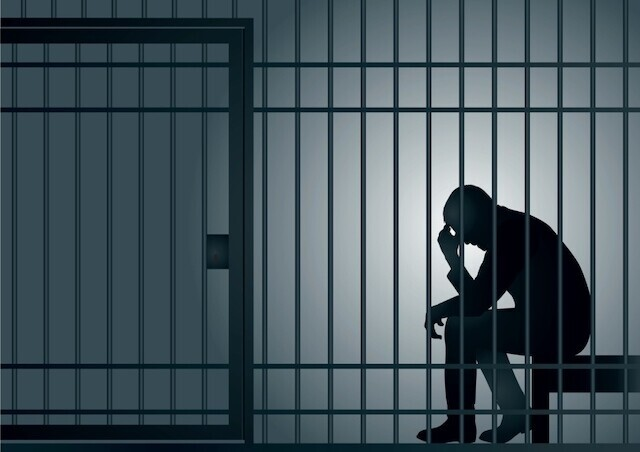
Avellon Williams
TRINIDAD AND TOBAGO- There is a refusal by nine senior UK judges to ban the death penalty in Trinidad and Tobago.
The law dates back to the time when the country was a British colony. However, the judges said they could not intervene due to the constitution of the country.
A death sentence is the mandatory punishment for all murderers convicted under Trinidad and Tobago’s Offences Against ThePerson Act 1925.

This new ruling was made by the Judicial Committee of the Privy Council (JCPC) – a group of UK Supreme Court justices who also decide on complicated legal issues from some former British colonies.
In many Commonwealth nations and British Overseas Territories, the JCPC serves as the final court of appeal.
Upon gaining independence from the British Empire in 1962, Trinidad and Tobago’s constitution stipulated that existing laws from that time period would remain in force unless its parliament decided to remove or reform them.
As a result, many of the country’s laws, as well as those of some other Commonwealth nations, have a strong link to the law established in the UK and across the Empire in the early 20th century.
The lawyers for convicted murderer Jay Chandler on August 17, 2011, argued in a highly unusual case heard in London last November that the mandatory death penalty he received under the 1925 law was unconstitutional. The appellate court 2013 upheld his conviction and sentence.
Chandler, who was claimed to be mentally ill, appealed to the Privy Council which, by a majority decision in 2018, upheld the murder conviction for killing another inmate in 2004.

As a result of the wording of Trinidad and Tobago’s constitution, they argued that a mandatory death penalty was cruel and an unusual punishment, and should therefore be forbidden.
In 2018, judges at the Caribbean Court of Justice, the principal court for many nations in the region, prohibited automatic death sentences in Barbados – adding pressure on Trinidad and Tobago to revoke the 1925 law.
Lord Hodge, one of the most senior judges on the JCPC and Supreme Court, ruled yesterday that the matter shouldn’t be decided by judges in London, but by Trinidad and Tobago’s parliament.

According to Lord Hodge, “The 1976 Constitution saves existing laws, including the mandatory death penalty, from constitutional challenge.”
“The consequence of that is that the state of Trinidad and Tobago has a statutory rule which mandates the position of a sentence, which will often be disproportionate and unjust.”
“The sentence is recognised internationally as cruel and unusual punishment. The state does not dispute that characterisation.”
Despite those concerns, he argued that London’s judges could not legitimately interfere since there was no constitutional law issue for them to decide.
“It is striking that there remains on the statute book a provision which, as the government accepts, is a cruel and unusual punishment because it mandates the death penalty without regard to the degree of culpability,” he said.
“Nonetheless, such a provision is not unconstitutional. The 1976 Constitution has allocated to parliament, as the democratic organ of government, the task of reforming and updating the law, including such laws.”

As per the Death Penalty Project, a legal campaign group that represents Jay Chandler, 45 people are on death row in Trinidad and Tobago. At present, it is not clear how their fate will be determined. Since 1999, nobody has gone to the gallows due to huge delays in appeals.
Parvais Jabbar, the group’s co-executive director, urged the country’s parliament to reexamine the continued existence of historical laws that are out of date with modern society.

He said: “Trinidad and Tobago remain the only country in the Commonwealth Caribbean to continue using a mandatory death penalty and it is imperative that the government now take the necessary measures to ensure that a punishment, that they themselves accept to be cruel and inhuman, is removed.”
The Privy Council is also Jamaica’s highest court; Jamaica also has similar savings clause provisions.
The Privy Council on the CCJ: “The Board recognises the right of the CCJ to develop its own jurisprudence, and does not question the outcome of the decisions in Nervais and McEwan, each of which could be distinguished from Matthew. Nonetheless, the Board is not persuaded by the judgments of the CCJ in Nervais and McEwan that Matthew was wrongly decided or that the law went in a wrong direction in that decision.”
The Matthew opinion that the Privy Council supported: The Privy Council held that the savings clause in section 6 of the 1976 Constitution preserves the lawfulness of the mandatory death penalty despite its inconsistency with fundamental rights which that Constitution would otherwise protect.
The 2018 Nervais case summarised by the Privy Council: In Nervais, the CCJ heard and upheld appeals from Barbados against mandatory death sentences under section 2 of the Offences Against the Person Act 1868. Then CCJ president Justice Dennis Byron delivered the detailed leading judgment.
In that judgment, the CCJ recorded that the state of Barbados had accepted the ruling of the Inter-American Court of Human Rights that the mandatory death penalty was a breach of the American Convention on Human Rights and had introduced legislation to remedy that breach of international law.
The McEwan case summarised by the Privy Council: In McEwan, the CCJ heard an appeal concerning the question of whether the savings clause in the Constitution of Guyana protected an existing law against a constitutional challenge. The law was a provision of the Summary Jurisdiction (Offences) Act 1893 (the “cross-dressing law”), which made it an offense for a man to wear female clothing in a public place for an improper purpose. The constitutional challenge was on the grounds of non-discrimination, equality, and freedom of expression. The CCJ unanimously allowed the appeal.




